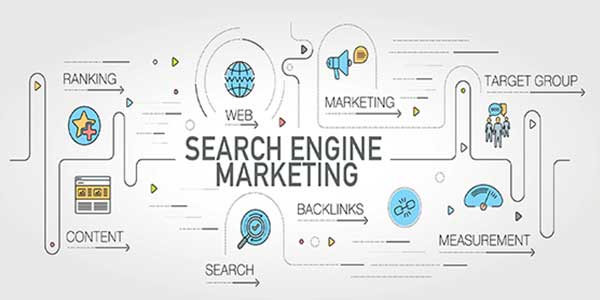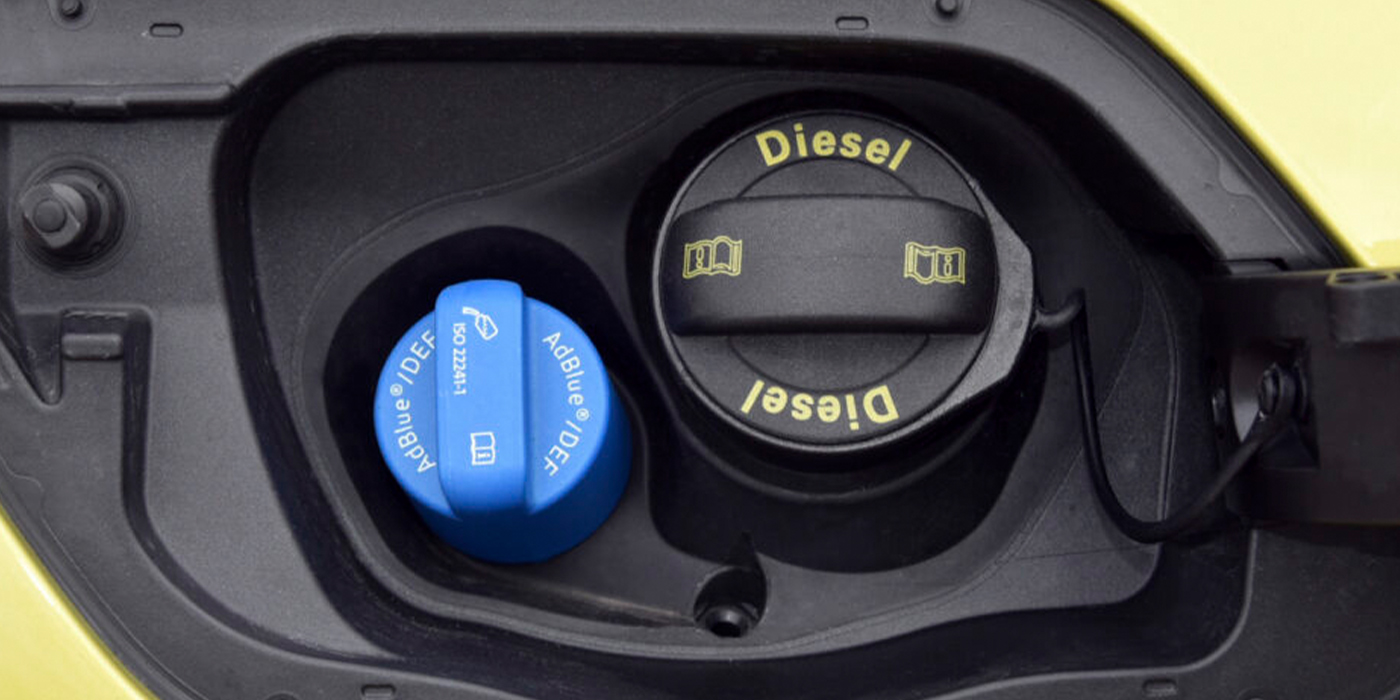
In this column, I focus on search engine marketing, a.k.a SEM. Alternatively, this channel is commonly known as pay-per-click (PPC) marketing.
SEM, PPC and Etc.
Most customer buying journeys begin with search. Whether you are or aren’t already investing in search engine marketing as a channel, I often hear business operators say they don’t know exactly what search marketing is or how it actually works. If you have been in business for even a short amount of time, it’s a good bet that marketing companies have reached out to you to discuss advertising on Google through their SEM product called “Adwords.”
Google launched Adwords over 17 years ago with about 350 advertisers. The Adwords product gives you, the client, an opportunity to pay for “keywords.” Think of yourself at an auction. Instead of bidding on that vintage Ford Mustang, you are bidding against your competition for the privilege of showing your business’ ad or search listing to a prospective buyer that types a keyword or key phrase in their browser. The fact that they’re searching shows interest in your product or service. Search examples: “need brake repair” or “tire store near me.”
Today, over 1 million advertisers use the product. Google is the 100-pound gorilla in this space. But, Yahoo, Bing and Yelp are all important platforms to consider for your shop’s SEM strategy. So, let’s get started.
What Exactly Is SEM (PPC), and How Does It Work?
SEM is a method of generating “clicks” and traffic to your website and/or calls to your business by purchasing ads on search engines such as Google, Bing, Yahoo, etc. You, the client, only pay for each click that leads to a visit on your website or a call to your shop.
SEM is one of the quickest methods of generating qualified leads and increasing your average car count. Put differently, rather than blanketing ads to everyone and hoping you catch them when they need your product or service (say through newspapers, radio and TV), SEM allows shop owners to digitally target buyers who are actively searching for auto service and new tires. Doesn’t that make more sense?
Here are some key reasons to consider SEM for your tire and auto service business:
• Search engines are the No. 1 research tool for auto service customers;
• Over 100 million tire searches are conducted per month in the U.S.;
• SEM has a 20-times better chance of bringing in a new customer to your shop than other marketing channels.
The results of SEM marketing can be terrific for tire and auto businesses (if done properly). This type of marketing can quickly put your business in front of hundreds, if not thousands of people, who are basically raising their proverbial hands online and saying that they are in need of your services.
SEM can be even more important for businesses that do not show up high in organic (non-paid) rankings. For example, if your business is not in the top 5 results for the services you offer in your local area, then you should definitely be considering a better SEM strategy for your business.
Think about it – wouldn’t you always want your business to be in front of people who are needing and asking for the services you offer instead of talking to everyone and hoping they remember your business when they might have a need for you?
Important Metrics and KPIs
Based on my conversations with shop owners and operators, I often hear that they would like to try advertising on Google (or they have in the past) but they don’t know how it works or they weren’t able to figure out if (or how well) it was working for them.
If you happen to fall in this category, here are some key performance indicators (KPIs) that I’d recommend you use to you familiarize yourself with before trying SEM (PPC) advertising again. You can use any or all to evaluate the effectiveness of your current approach and as a means to compare against and measure future improvements.
Again, you should use these KPIs to grade your SEM campaigns. Now let’s take a look at ways you can tell if they’re working for your business.
How to Know If Your SEM Campaign Is Working
Knowing whether or not an SEM campaign is working for your business comes down to money and results. Ultimately, it’s all about cost per good lead. Any time you can generate a quality lead at a lower price than the average earned per order, it’s a good start.
For example, let’s say that you are advertising a specific type of tires. If your shop earns an average of $500 per customer for a typical tire order and installation and your cost per good lead is $61.54, then it’s highly likely that you will make a money.
However, if your cost per good lead is $61.54 to advertise a conventional oil change where your average revenue is $25 per oil change order, then you’d actually be losing money on each order. The second example shows that you will be getting that order at a loss, which may not be a good idea for your business. You need to know your numbers so you can be strategic about your spending.
It is important to remember that any new SEM campaign can take three or four months to start paying off. Patience is key!
Article courtesy TIRE REVIEW.















